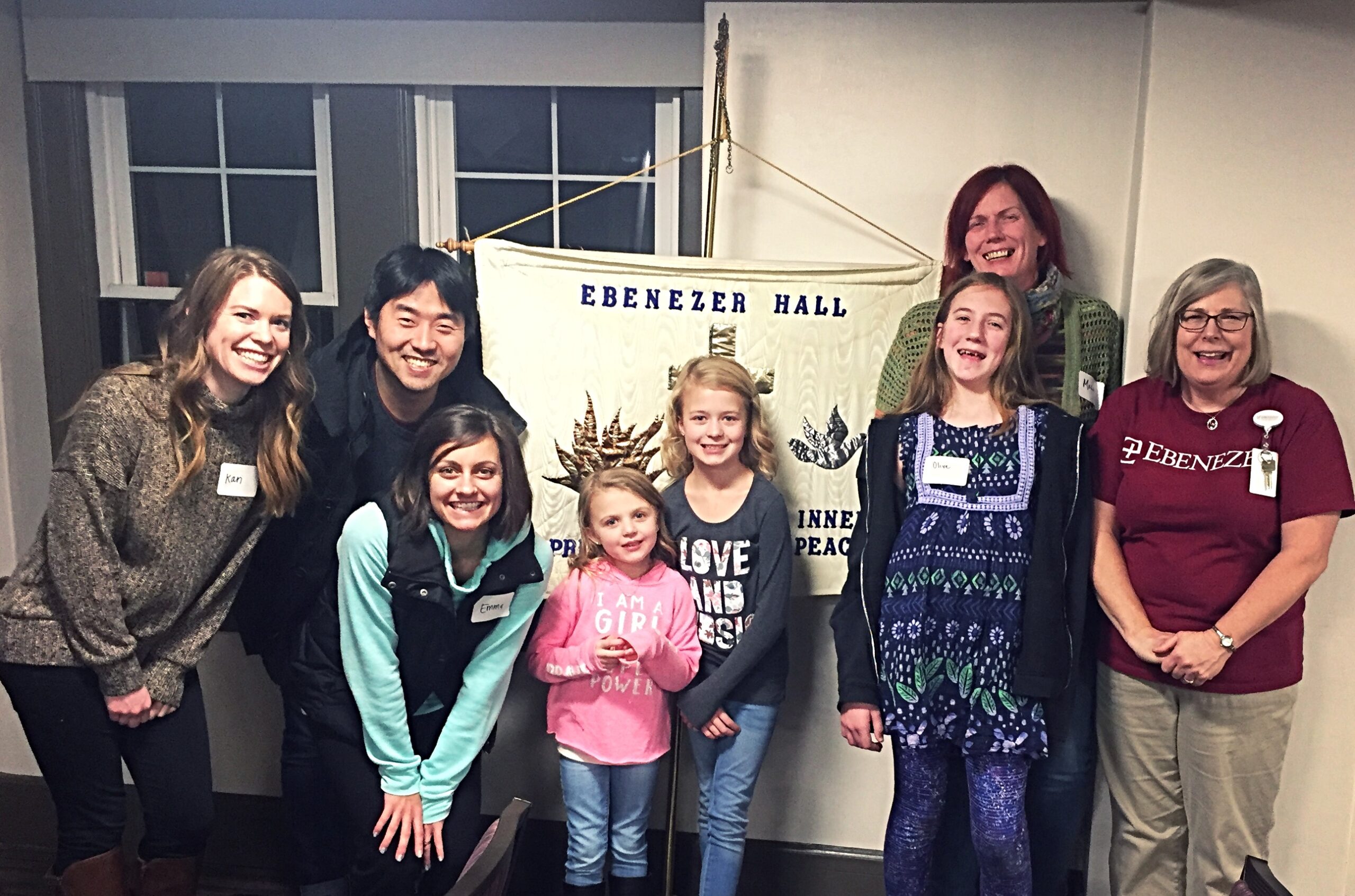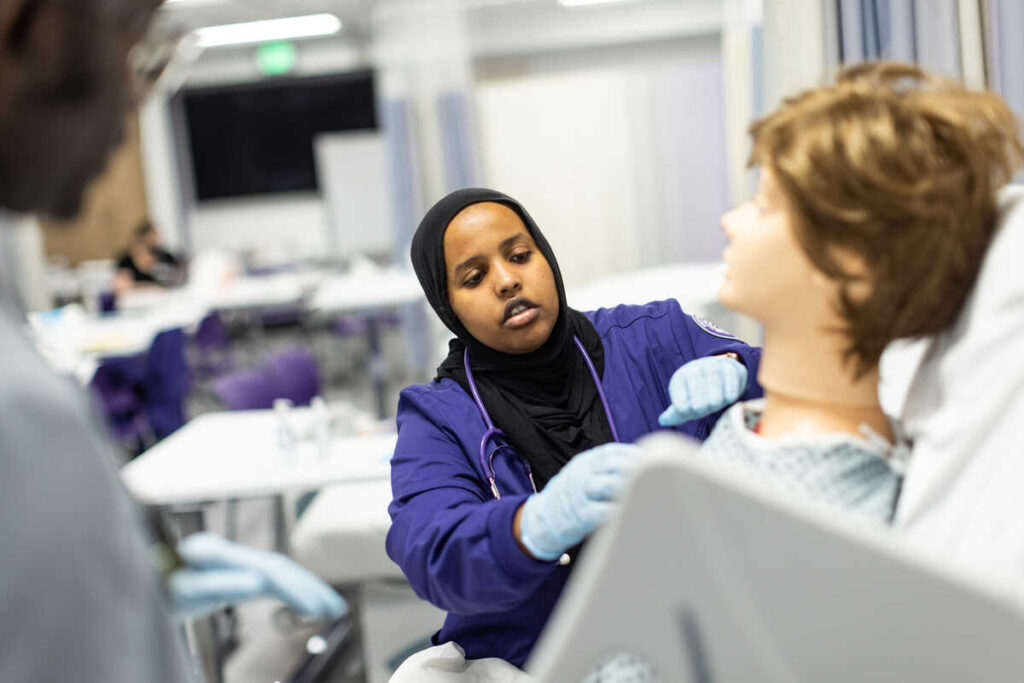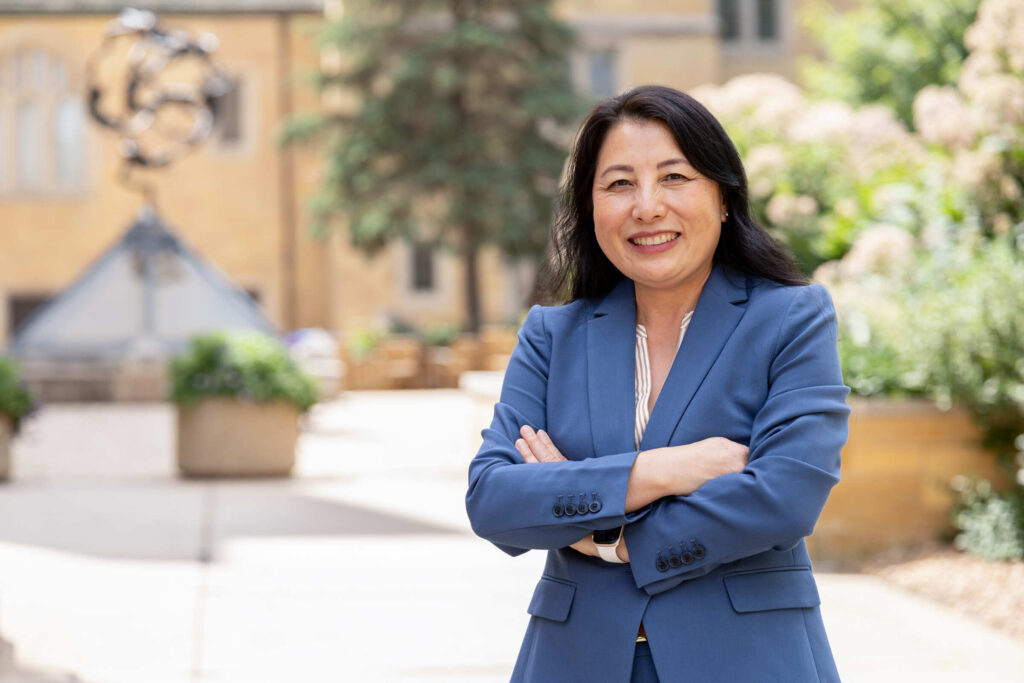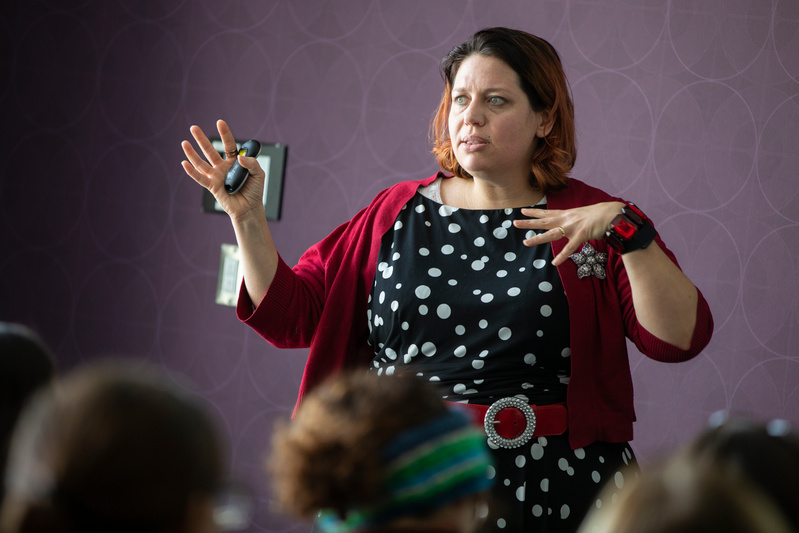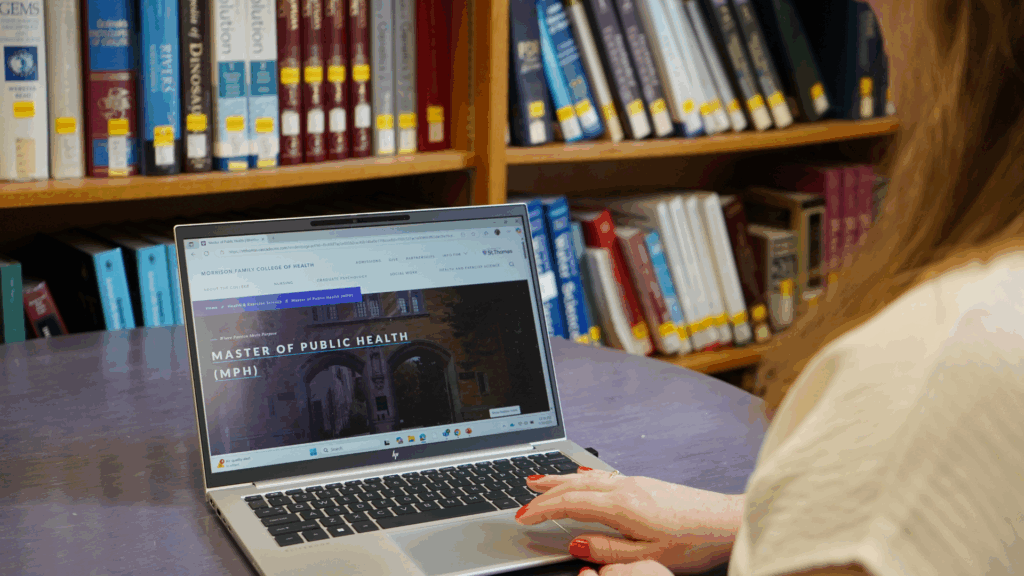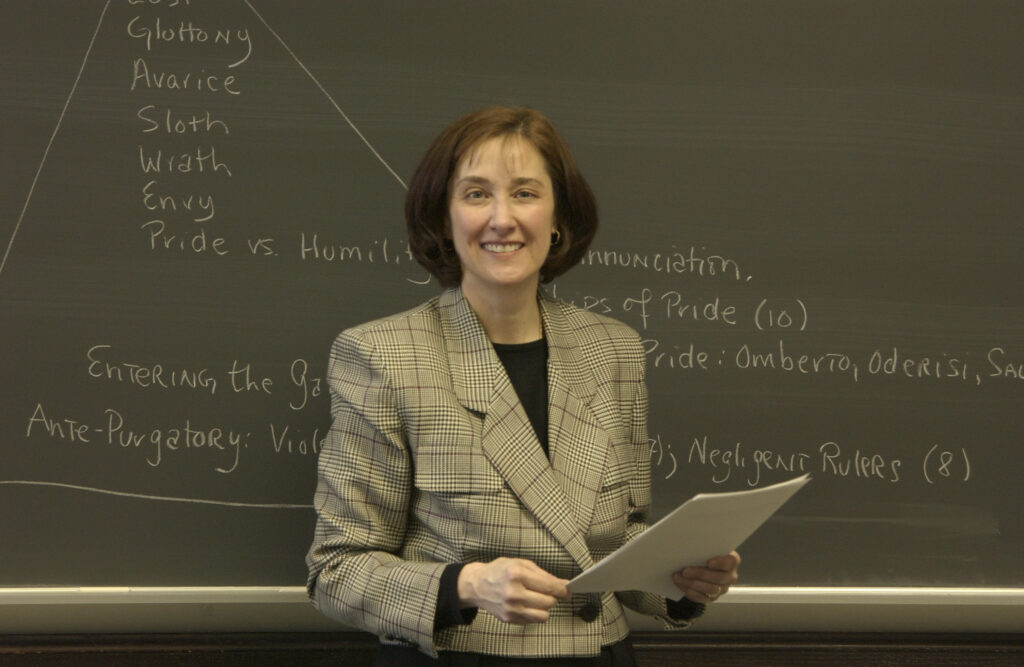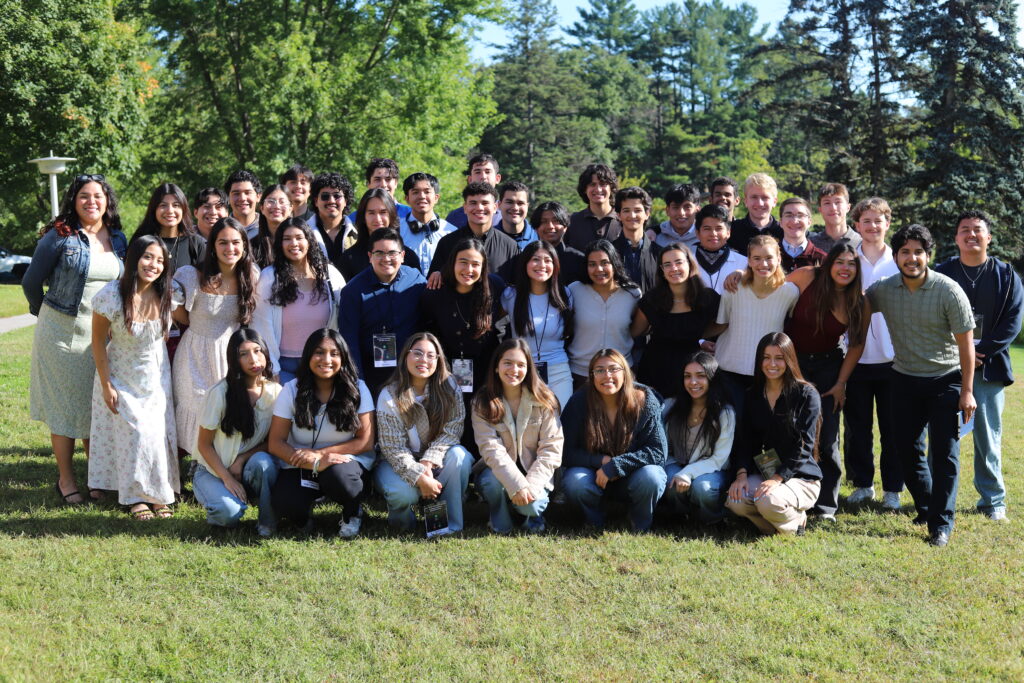
In some ways, St. Thomas Master of Social Work alumnus Dr. Sunghwan Cho sees his dual roles as professor and priest as two sides of the same coin. Since his ordination in 2012, Cho has had a passion for working with older adults. Now making waves as an associate professor in the School of Social Welfare at the Catholic University of Korea, he hopes to share with his students the joys of working with a population that too often goes overlooked in the social services professions.
From priesthood to social work
Cho began his journey as a priest serving two different parishes in Seoul, South Korea. During this time, he worked frequently with vulnerable older adults and witnessed the gaps for this population in South Korea’s welfare system. His parish often filled in these gaps, providing everything from meals for food-insecure individuals to a helping hand up steep staircases.
While working with volunteers at his parish, he noticed a lack of knowledge of how to best serve older adults. Inspired to be a better advocate and aid to this population, he decided to pursue a Master of Social Work at the University of St. Thomas. The Area of Emphasis in Aging (AEA) program allowed him to specialize his degree in working with older adults.
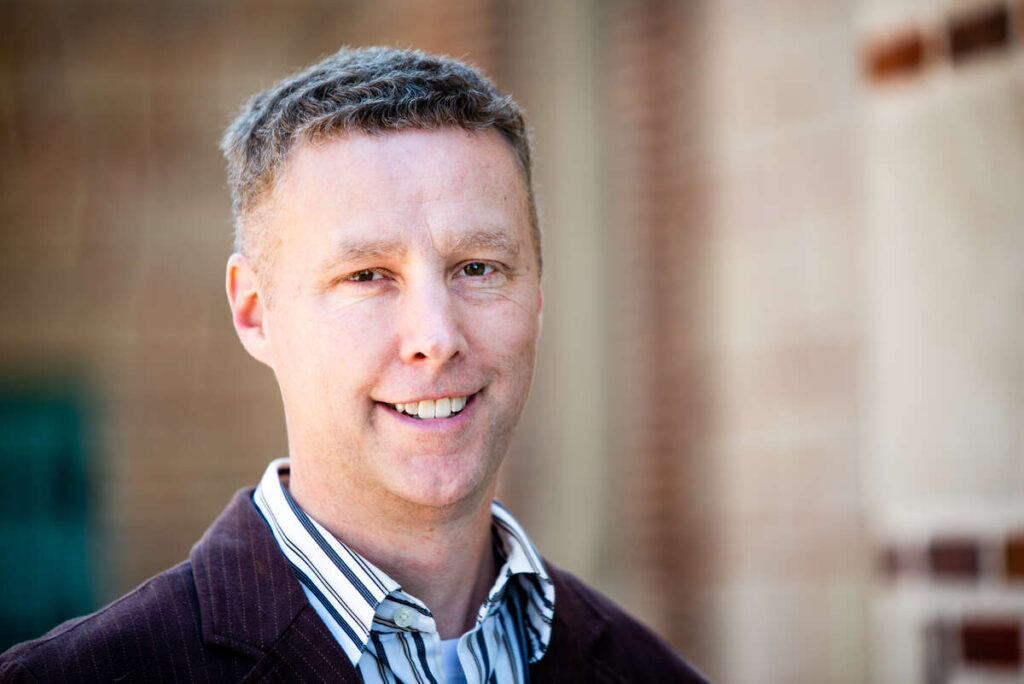
“My favorite course was Dr. (David) Roseborough’s GRSW 645 Psychopathology and Human Behavior course,” Cho said. “Since I was not familiar with professional jargon in the area of psychopathology, I visited Dr. Roseborough’s office for questions every Tuesday. Every time I visited the office, he always welcomed me and was willingly ready to answer my questions.”
The AEA Scholar experience
As an AEA Scholar at St. Thomas, Cho had the opportunity to work with older adults with serious and persistent mental illness (SPMI) at Birchwood Care Home as well as with adults with dementia at Carondelet Village, an assisted living facility in St. Paul. The interdisciplinary team at Birchwood, comprising specialists in physical therapy, nursing, and social work, provided a supportive environment for him to learn and grow. With his peers in the AEA program, Dr. Cho developed the skills to actively contribute to interdisciplinary meetings and understand the complexities of working on a team.
Cho immersed himself in the field of aging in social work, participating in the annual Walk to End Alzheimer’s, serving elderly patrons and a local church, and attending the Minnesota Gerontological Society’s annual conference. He believes all of these experiences combined to broaden his perspective on the field.
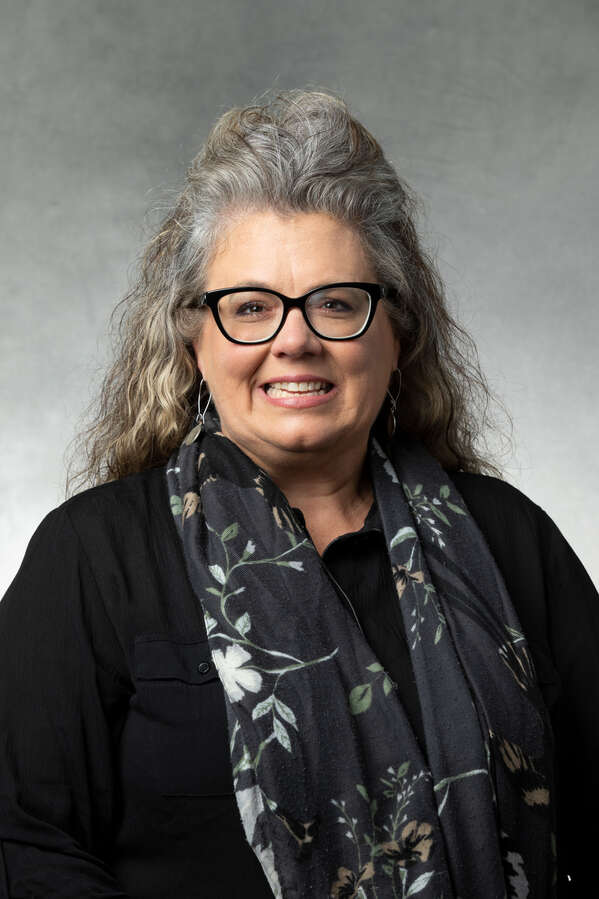
“His ongoing humility, self-awareness, respect and appreciation for older adults, and his genuine passion and joy for the gero-practice field was inspiring,” said Dr. Tanya Rand, clinical professor and Area of Emphasis in Aging program coordinator.
Besides the experiences he gained through coursework and extracurricular activities, Cho also recognized the special emphasis faculty members placed on helping him feel welcome so far away from his home country. He especially cherishes the memory of Rand inviting him to spend time with her family during the Christmas holidays.
“I still can’t get over how Dr. Rand invited me into her home to eat and spend time with her family,” Cho said. “They understood the loneliness and challenges of being an international student and always treated me like family.”
When Rand recommended he pursue a doctorate, he says he took her advice seriously and gained the courage to submit his application.
Understanding social connections among older adults
Cho continued searching for ways to best serve older adults during his doctoral program, combining his background as a priest with his master’s degree education to explore the relationship between older adults’ religiosity and their quality of life for his dissertation. Conducting interviews with 300 older adults in New York City in 2022, he discovered a positive correlation between religiosity and resilience among Korean immigrants aged 65 and older. He also found that resilience mediates the relationship between immigration-related stress and quality of life.
His findings shed light on the importance of religious connections for older Korean immigrants, particularly in maintaining social ties and support networks. This need was especially acute during the COVID-19 pandemic, and he hopes to revisit his research post-pandemic to understand how these dynamics may have changed now that members of the population have greater access to their social connections.
Dr. Tanya randWe are incredibly proud of Sunghwan’s work and his commitment to the common good for older adults, their families, and the communities they are a part of.”
“We are incredibly proud of Sunghwan’s work and his commitment to the common good for older adults, their families, and the communities they are a part of,” Rand said.
A cross-cultural perspective on serving older adults
Now back in South Korea, Cho has reflected on the cultural differences in serving older adults between his home country and the U.S. In South Korea, familial bonds are deeply ingrained, and older generations often desire to maintain proximity to their adult children. In contrast, older adults in the U.S. tend to prioritize the independence of their adult children, Cho said.
He is also interested in exploring the phenomenon of medical tourism among older Korean immigrants in the U.S. who regularly return to South Korea for medical care to save money. He hopes to have the chance to study this trend to understand the motivations behind these choices and the impact on their well-being.
Words of wisdom for aspiring social work students
Despite a severe and growing need, the social work field in the U.S. still suffers from a lack of practitioners focused on caring for older adults. Cho knows that the later portion of life is just as important as the years we spend as young people and mature adults. He says this is a phase filled with its own unique challenges and moments of joy.
Emphasizing older adults’ focus on the meaning and purpose of life rather than just success, Cho encourages new social work students to consider the unique benefits of working with an older population. He believes working with older adults offers students an opportunity for personal growth and to appreciate the life lessons they have to share.
Continued contributions and future endeavors
Despite his busy schedule and many areas of interest, Cho continues to explore other ways of putting his MSW and doctorate to work. He is interested in examining the demographic challenges facing South Korea, including its low birth rate and its transition to becoming a more multiethnic population.
Looking ahead, Cho is committed to future research that explores the experiences of people of other races living in Korea, echoing the importance of understanding diverse backgrounds in both the U.S. and South Korea. He aspires to contribute to resolving interpersonal conflicts between different races and groups, emphasizing the need for inclusivity and understanding.
Wherever he is, it’s safe to assume Cho is making a difference.
